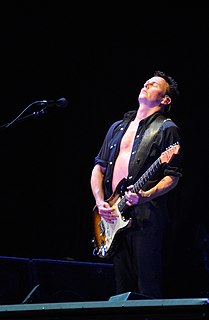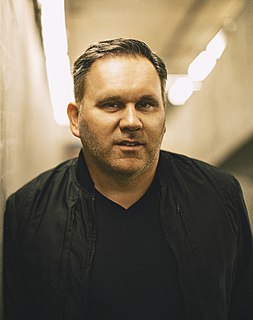A Quote by Amrita Rao
It is something unique to the South, the way people look up to actors and worship them and literally celebrate their film.
Related Quotes
Some people do stage and film. Some people are film actors, and some people are stage actors. I'm quite sure that any of the actors who did the original production of 'August' could have done the film of 'August.' I don't think any of them were particularly surprised when they didn't wind up doing the film.
Normally, filmmakers would just write a script and cast people to act as certain characters in the story. But in my way of doing things, I have the actors in my mind already, so I'm trying to borrow something that's unique to them. The characters have a very natural connection to the actors themselves.
Silence Of The Lambs? is a ?fantastic? film. It's a horror film, and it's an incredibly well-told film that is about point of view in such a unique way. The way that film is shot, the way the eyelines are so close, if not directly into camera, betrays an intimacy with the characters and the audience.
Actors look at life in a different way. When I meet people, I know that one day I may portray that person or someone like them. It may be a cop or a homeless guy. It helps you to pay more attention to people. Everyone I meet, I retain something from them, something from their personality. It helps me to portray realism in my work.
It's such a biblical posture in worship that speaks of reverence. If you look through the Bible, there's a whole host of people who faced up to the glory of God and found themselves facedown in worship. So the album weaves through a theme of reverence, wonder, and mystery in worship, things I feel we really need to grasp more of in our worship expressions. I know that I do!
Film just chews up actors like nobody's business, and I'm not particularly interested in being chewed up. I think the camera can only look at somebody's face for so long. I guess you have to accept the roles you think are right at the time. You can build a career, but these days there doesn't seem to be that much interest in people being actors.
I would make a huge distinction between theater improvisation and film improvisation. There isn't much improvisation in film - there's virtually none. The people that theoretically could be good at this in a theater situation don't necessarily do this in a film in a way that will work, because it's much broader on a stage. But in a movie, it has to be real, and the characters have to look entirely real because it's being done as a faux documentary, so there are even fewer actors that can do that on film.



































